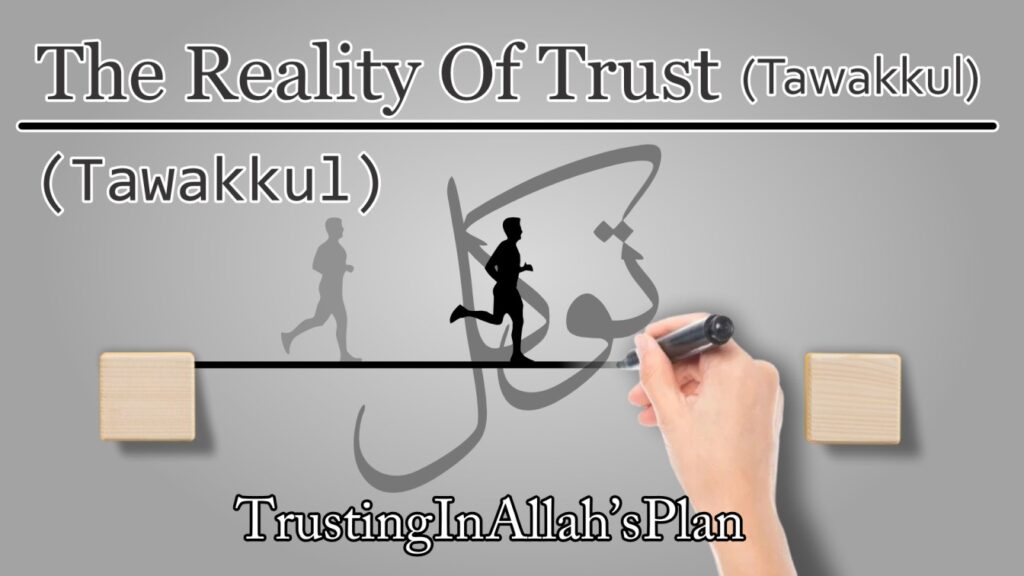What is Shawwal? As its name suggests, Shawwal means to rise, to ascend, or to step towards something good. It is the tenth month of the Islamic calendar and carries within it many mysteries, historical events, and messages of renewal and reflection. If we study this month attentively, we realize that Shawwal is not merely a month, but a spiritual opportunity for revival.
Table of Contents
Its beginning is marked by the joyous day of Eid al-Fitr—a day when, after a month of fasting and worship during Ramadan, Muslims gather in gratitude before Allah, offer Eid prayers, and embrace one another in love and happiness.
Shawwal teaches us that true happiness lies in drawing closer to each other, purifying our hearts, and being content with the pleasure of Allah. This month is a golden chance to continue spiritual growth, embrace righteousness, and strive for a better life.
Eid al-Fitr
“Eid al-Fitr” is a beautiful combination of two Arabic words: ‘Eid’ and ‘al-Fitr’. The word ‘Eid’ comes from ‘’Awd’, meaning to return or to come back again. It refers to a day of joy and gathering that returns every year, bringing happiness and offering the Muslim Ummah a moment of collective gratitude.
The second word, ‘al-Fitr’, comes from ‘Fitr’, meaning to break the fast or to eat after fasting. After fasting for the entire month of Ramadan, the day when Muslims abstain from fasting for the first time is called Eid al-Fitr.
Thus, it means: “The day of joy upon breaking the fast.”
It is not just a celebration, but a symbol of gratitude, generosity, and spiritual success—a divine reward after the devotion and discipline of Ramadan.
Battle of Uhud (7 Shawwal, 3 AH / 625 CE)
A timeless example of sacrifice, obedience, and powerful lessons
When we talk about Shawwal, we cannot ignore a monumental and heart-wrenching event from its history—the Battle of Uhud.
This battle took place on the 7th of Shawwal in the 3rd year after Hijrah (625 CE) at the foothills of Mount Uhud near Madinah. For the Muslims, it was not just a physical challenge but a spiritual trial.
Personally, the story of Uhud always reminds me of the immense sacrifices made by our forefathers for the glory of Islam.
The battle initially favored the Muslims, but a single moment of disobedience changed the course of events. The fifty archers whom the Prophet ﷺ had stationed on a hill left their positions to collect spoils of war. This gave Khalid ibn al-Walid, the Quraysh commander, an opportunity to launch a surprise attack from the rear.
That was the moment when the Muslim ranks scattered, and the tide of battle turned.
The most heart-wrenching scene was the martyrdom of the Prophet’s uncle, Hazrat Hamza ibn ‘Abdul-Muttalib (RA). He was killed by Wahshi, a slave sent by Hind (the wife of Abu Sufyan), using a spear.
The scene of Hamza’s martyrdom was so painful that tears flowed from the Prophet’s ﷺ eyes. Hazrat Hamza was honored with the noble title “Sayyid al-Shuhada” (Leader of the Martyrs).
This was also the battle where the Prophet ﷺ himself was wounded—his blessed face injured, his tooth broken, and blood streaming—yet he did not lose courage and held the companions together.
To me, the Battle of Uhud teaches three powerful lessons:
Obedience to the Prophet ﷺ is essential, even when the results are not immediately visible.
Sacrifice is the true beauty of Islam.
Victory and defeat are in Allah’s hands—our duty is only sincerity and effort.
This event is detailed in Surah Aali-‘Imran in the Qur’an—not just as a historical record, but as guidance for the trials of life.
Battle of Hunayn (4 Shawwal, 8 AH / 630 CE)
Reading about the Battle of Hunayn, I felt a special emotion stirring in my heart.
On the surface, this battle seemed like one of the toughest tests for Muslims. When the battle began, and the Muslims initially faced retreat and confusion, I felt it was one of those moments where one’s faith and trust in Allah is tested most deeply.
I often reflect on the leadership and courage the Prophet ﷺ displayed during this crisis. His words — “I am the Prophet, without a lie. I am the son of Abdul-Muttalib.” — still echo in my heart, as they contain unshakable faith and certainty in Allah’s help.
When the Muslims regrouped with renewed determination, I realized this battle was not just about physical strength—it was a test of spiritual resolve. It was in that moment that Allah’s help turned the tide, teaching us that in hard times, patience, faith, and reliance on Allah never fail.
To me, Hunayn teaches that one should never depend on numbers or apparent strength, but always trust in Allah and seek His pleasure.
Fasting in Shawwal
Whenever I think about the six fasts of Shawwal, I feel a deep sense of peace and spiritual comfort. These fasts are like a continuation of the spiritual journey of Ramadan—a time to absorb and preserve the spiritual energy of the previous month.
When the Prophet ﷺ said: “Whoever fasts during Ramadan and then follows it with six days of Shawwal, it is as if he has fasted the entire year,” it reminds me that these six fasts not only complete our worship, but also bring our hearts closer to Allah.
For me, the Shawwal fasts are a moment for self-reflection and sincerity in my intentions.
They’re a time when I seek Allah’s pleasure and forgiveness, and with every fast, I feel a renewed spirit and energy.
These fasts are not merely about abstaining from food and drink—they inspire us to purify our intentions, increase sincerity in worship, and strengthen our connection to Allah.
In my heart, these fasts represent a new beginning—each one a step closer to Allah.
What Does Shawwal Teach Us?
Shawwal reminds us that the journey of spiritual growth and doing good never ends.
Eid al-Fitr brings joy and gratitude, while the stories of Uhud and Hunayn teach us the real meaning of sacrifice, patience, and faith.
Through voluntary fasting and continued worship in Shawwal, we are given a precious opportunity to refresh our faith and strive for Allah’s pleasure.




